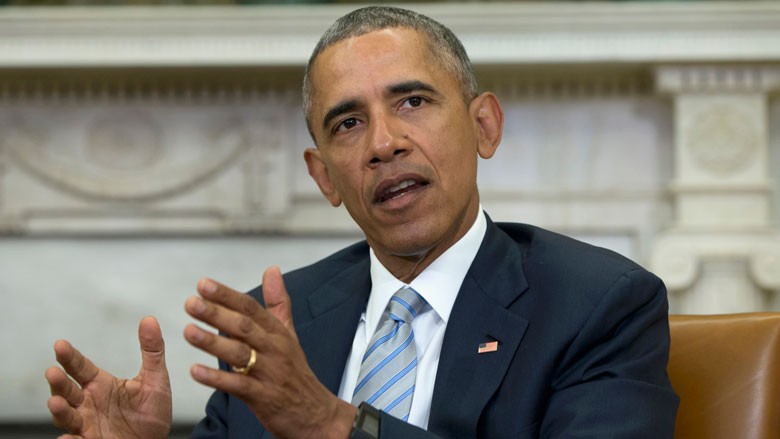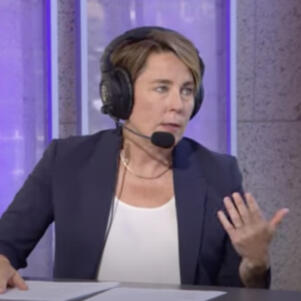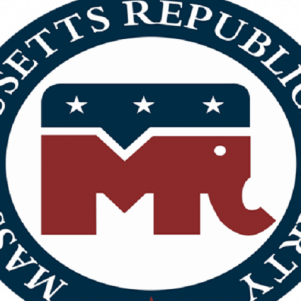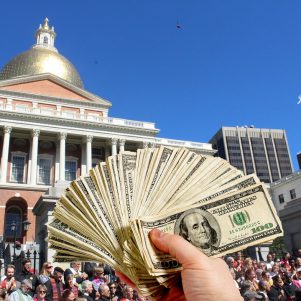Castro mouthpiece: Obama visit ends ‘myth’ that ‘Cuba violates human rights’
By CNS News | February 24, 2016, 7:48 EST
 President Barack Obama in the Oval Office of the White House in Washington. (AP Photo/Carolyn Kaster, File)
President Barack Obama in the Oval Office of the White House in Washington. (AP Photo/Carolyn Kaster, File) (CNSNews.com) – Secretary of State John Kerry told lawmakers Tuesday he intends to travel to Cuba in the coming weeks “to have a human rights dialogue” ahead of President Obama’s scheduled visit next month.
Meanwhile the Communist Party organ on the island, Granma, is spreading the message that Obama’s decision to visit has “dismantled some of the major myths” of the past half-century, topped by what it called the “mantra” that “Cuba violates human rights.”
Other dismantled myths, the paper said, include one about the “mighty” political clout of the Miami-based Cuban-American lobby when it comes to setting U.S. policy towards Havana. It noted that two GOP candidates for the presidency – Cuban-American Sens. Ted Cruz and Marco Rubio – both oppose Obama’s rapprochement policy.
Testifying before the Senate Foreign Relations Committee on the administration’s fiscal year 2017 budget request, Kerry said he may travel to Cuba “in the next week or two to have a human rights dialogue, specifically.”
He said that Obama during his March 21-22 trip “is anxious to press on the rights of people to be able to demonstrate, to have democracy, to be free, to be able to speak and hang a sign in their window without being put in jail for several years.”
The last time Kerry went to Havana, to oversee the raising of the U.S. flag over the reopened embassy last summer, he courted controversy when leading dissidents refused to meet with him at a private reception after they were not invited to the flag-raising. (Kerry, who cited “limited space” at the official function, did meet with other activists at the private event.)
In confirming news of Obama’s visit – the first by an American president since 1928 – Cuba’s foreign ministry said earlier the Castro regime was ready to discuss any issue based on mutual respect.
Josefina Vidal, director of the ministry’s North America directorate, said the visit would be an opportunity for Obama to “appreciate the Cuban reality.”
She reaffirmed the two governments have “different views” on human rights, political models and international relations, adding that Cuba has “opinions” on the human rights record of other nations around the world, including that of the U.S.
Exchanges are based on respect, equality and non-interference in internal affairs, Vidal said.
According to Granma, the lifting of the embargo – something only Congress is empowered to do – will be high on Cuba’s agenda for the talks with Obama, along with Cuba’s demand for the return of Guantanamo Bay.
The U.S. controls Guantanamo Bay under a 1903 treaty permitting its lease for a naval station. Since shortly after the 9/11 terror attacks it has housed a detention center for terrorist suspects, which Obama came into office pledging to close. On Tuesday he sent a new plan to Congress designed to achieve that goal before he leaves the White House.
In a letter to Obama after the visit was announced, Rubio urged the president not to go unless Cuba undertakes “meaningful reforms, including: reforming their repressive political system, reining in a police state that orchestrated over 8,600 political arrests in 2015, freeing all political prisoners, resolving the billions of dollars in outstanding property claims and court judgments against the Castro regime, and returning fugitives from U.S. justice.”
Rubio said that going to Cuba with the U.S. getting nothing in return would be counterproductive and damaging to U.S. interests.
When he campaigned for the presidency in 2008, then-Senator Obama pledged to be “guided by one word – libertad” in his policy towards Cuba as president.
“The road to freedom for all Cubans must begin with justice for Cuba’s political prisoners, the right of free speech, a free press, freedom of assembly, and it must lead to elections that are free and fair,” he told the Cuban American National Foundation in Miami on May 23, 2008.
Obama also said he was prepared to meet with “friend and foe alike, without preconditions,” but, in reference to the possibility of a meeting with Cuban President Raul Castro, added that he would only do so after “careful preparation,” and with “a clear agenda.”
“As president, I would be willing to lead that diplomacy at a time and place of my choosing, but only when we have an opportunity to advance the interests of the United States, and to advance the cause of freedom for the Cuban people,” he said. “I will never, ever, compromise the cause of liberty.”
— Written by Patrick Goodenough











